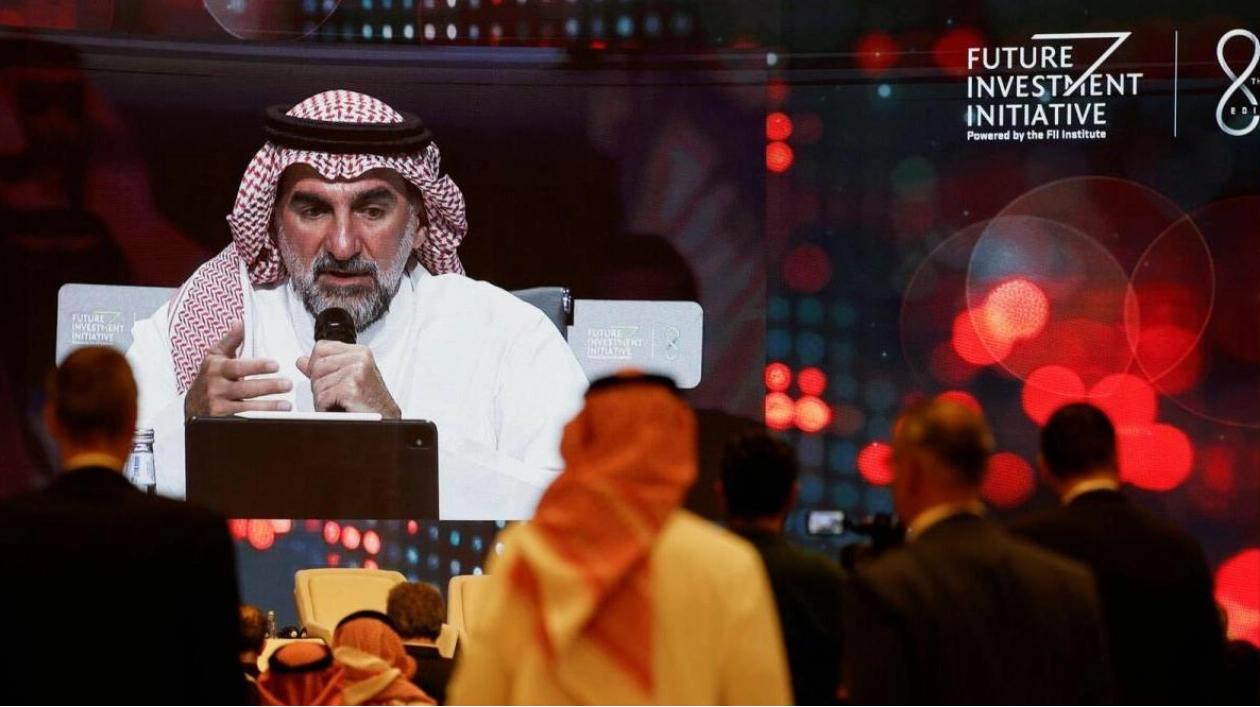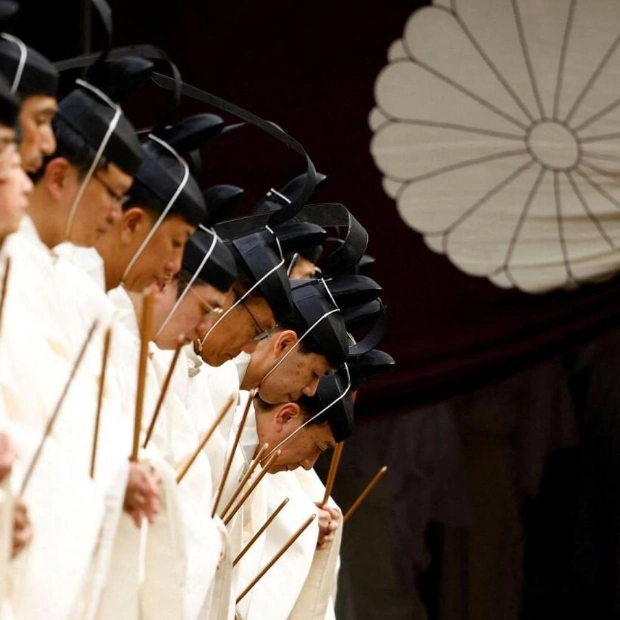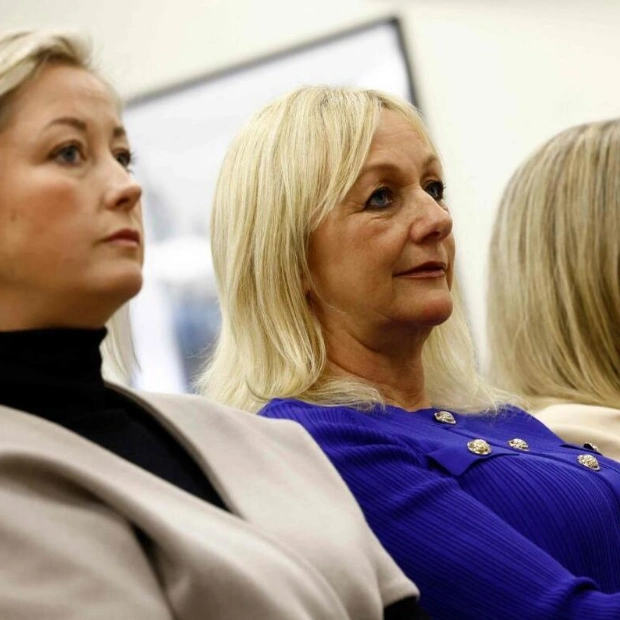Photo: Reuters
Saudi Arabia's sovereign wealth fund is set to reduce its foreign investments by approximately one-third, as revealed by its governor at a conference in Riyadh on Tuesday. This move is part of the Kingdom's strategy to utilize its resources to transition the economy away from oil dependency. Speaking at a panel featuring business, technology, and finance leaders, Public Investment Fund Governor Yasir Al Rumayyan stated that the fund is now prioritizing domestic investments, aiming to decrease international investments to between 18% and 20% of the total, down from the current 30%.
The annual Future Investment Initiative (FII) summit in the Saudi capital has attracted global business, technology, and financial leaders, providing a platform for networking with some of Saudi Arabia's largest companies and its $925 billion sovereign wealth fund. This year's event also serves as a gauge for investor interest in Saudi Arabia's economic transformation, especially amid concerns over escalating conflicts in the Middle East. The sovereign wealth fund plays a crucial role in Crown Prince Mohammed bin Salman's vision to diversify the Saudi economy, with investments totaling hundreds of billions of dollars aimed at developing new sectors and creating sustainable revenue streams. However, the fund has recently scaled back some of its major 'giga-projects' due to increasing costs.
Al Rumayyan highlighted a shift in the fund's investment strategy towards forming joint ventures with both international and local companies. "We are now moving from situations where others want us to invest or take our money to invest, to co-investments," he explained at the conference. Other notable speakers on the panel included Moderna CEO Stephane Bancel, BlackRock CEO Laurence Fink, Blackstone CEO Stephen Schwarzman, and Alphabet President and CIO Ruth Porat. Most panelists discussed the transformative potential of artificial intelligence, while Citadel CEO Ken Griffin commented on the uncertainty surrounding the US election, stating that markets expected Donald Trump to win but that the outcome was "almost a coin toss." Blackstone Group CEO Steve Schwarzman, a Trump supporter, initially declined to comment on the election before noting that Trump had a better grasp of the presidency today than in 2016.
While the first panel avoided discussing regional conflicts, economist Jeffrey Sachs of Columbia University delivered a speech criticizing the United States and Israel. "We don't need artificial intelligence in war; we need human intelligence to stop the wars," he said, emphasizing the need for negotiations over advanced weaponry. Sachs also criticized the US and Israel for obstructing the establishment of an independent Palestinian state, warning that without such a state, peace in the region would remain elusive.
Saudi Arabia's investment minister, Khalid Al Falih, announced that the number of companies with regional headquarters in the kingdom had reached 540, surpassing the 2030 target of 500. "Our goal was to have 500 regional headquarters by 2030. I'm pleased to report that we have already reached 540," he stated during the FII conference in Riyadh. "Several of these are major multinational companies, and they will individually announce their RHQ," he added.
Source link: https://www.khaleejtimes.com






